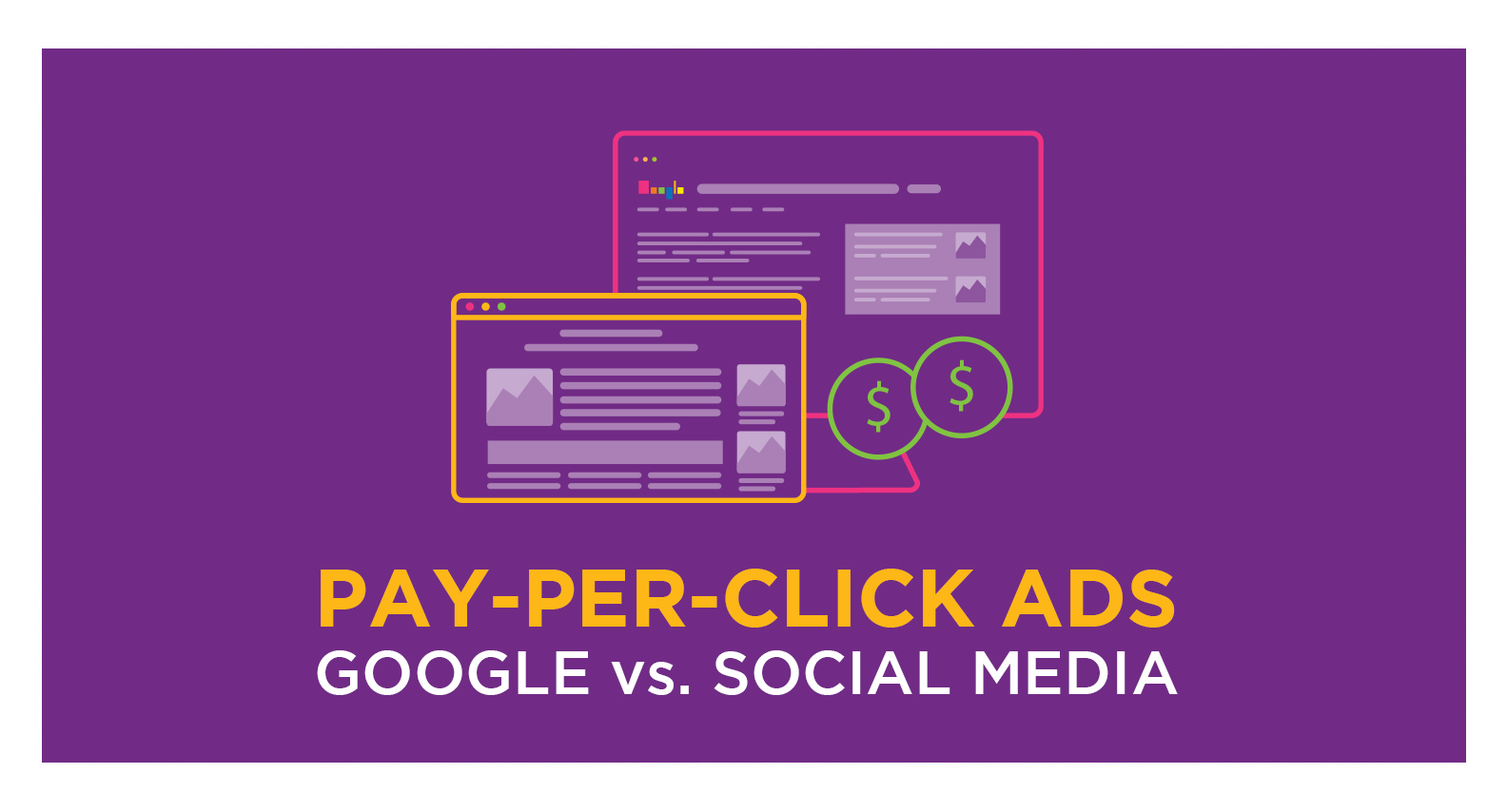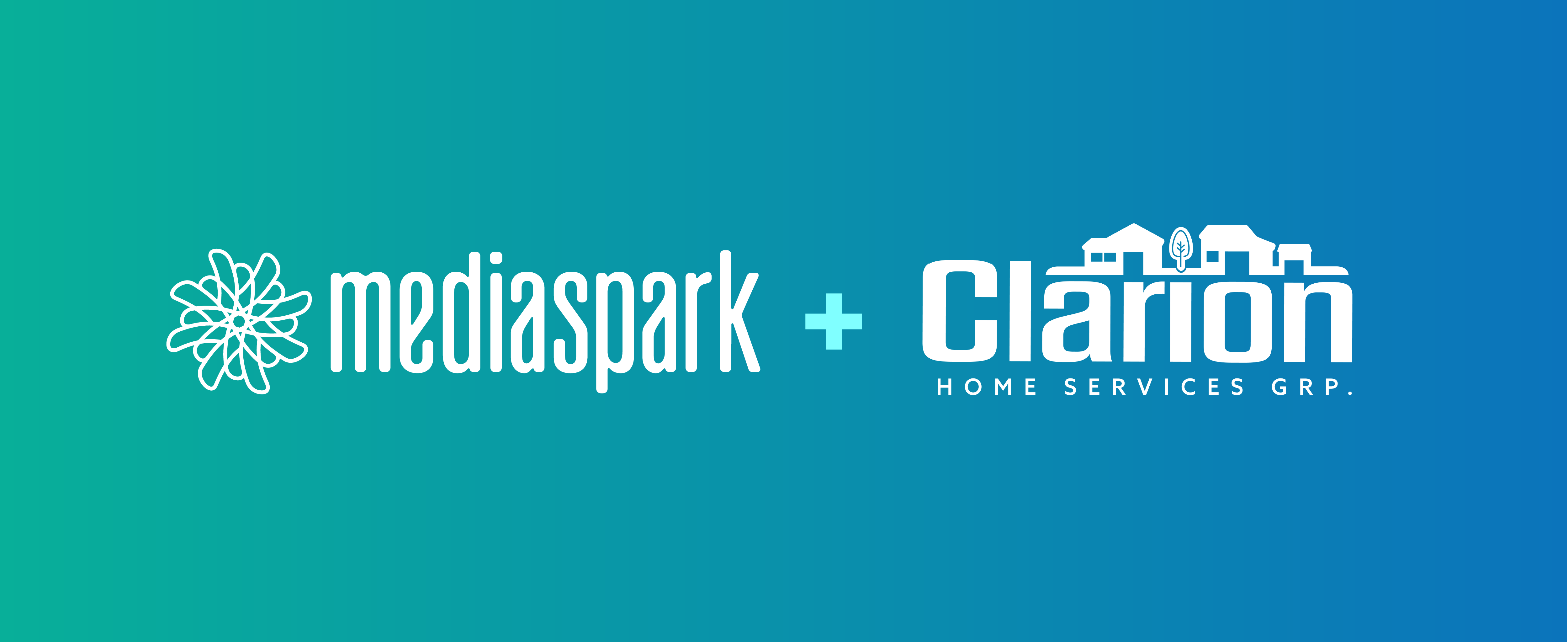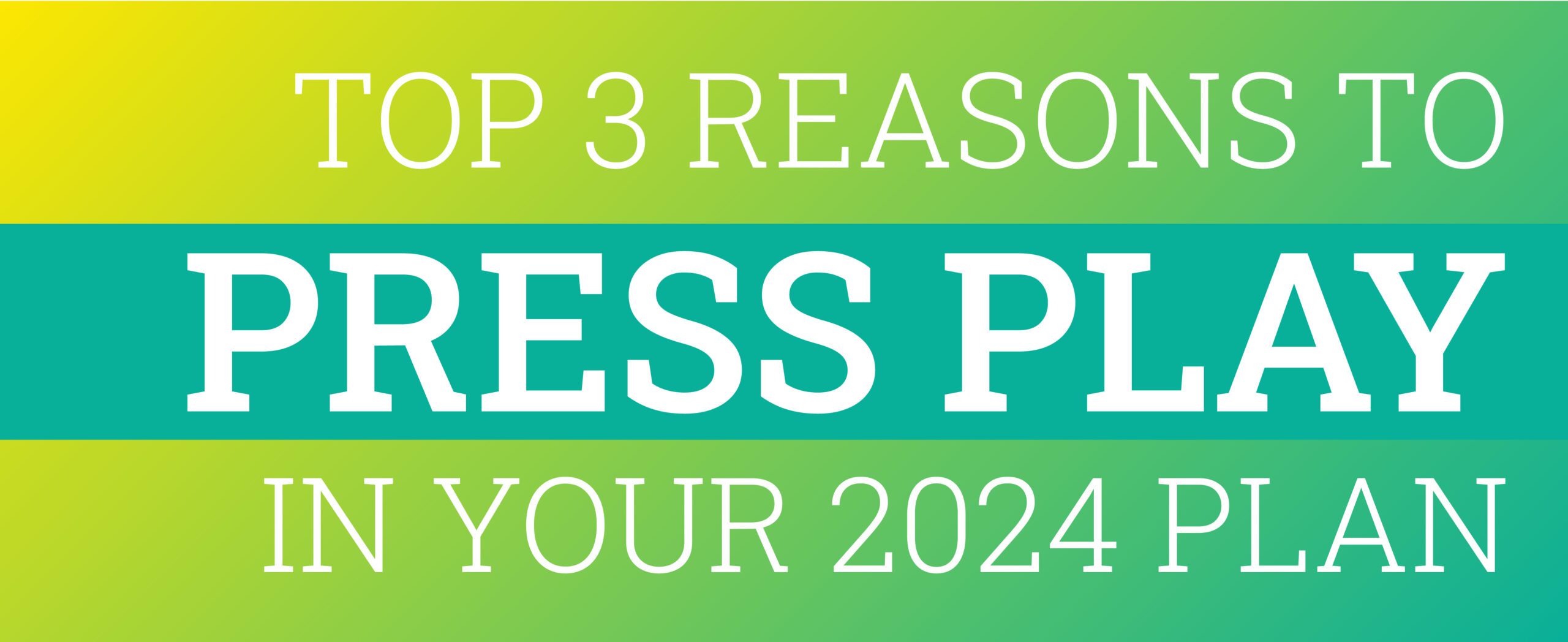Every day you swipe through Instagram stories, scroll through Facebook and send queries into Google. Google and Social Media ads are delivered for reasons based on who you are as an audience member. Still, they share one thing in common:
They are an extremely valuable investment for businesses who are hoping to drive up their revenue.
You’ve probably heard of Pay-Per-Click (PPC) ads. If you haven’t heard of them, you’ve certainly seen them! Maybe it was a band you had never heard of promoting the new single from their upcoming album. You liked the tune that infiltrated your Facebook News Feed, so you clicked on their “call to action” (probably a big button that said ‘learn more’ or ‘watch video’). Before you know it, you’re streaming that single on Spotify. Soon enough, you become aware that they’re planning on touring through a venue that’s walking distance from your house in just a couple of months. Guess what, the entire experience you’ve just had was curated for you through a Pay-Per-Click (PPC) ad campaign.
A well targeted ad designed to generate engagement or clicks from the audience is an extremely powerful method for not only bringing traffic to your website, but for generating revenue. As a business owner, you might already know your brand’s most probable purchaser. With a PPC ad, you can designate either relevant keywords or target audience members who will benefit from the delivery of your content.
Where do Google & Social Media Ads Differ in this Regard?
Google PPC ads are geared towards delivering your campaign/link to an audience that is searching for relevant keywords. For example, someone searching for “where to buy apples” might get local grocery store results that are proximal to them.
Let’s imagine someone owns a company that offers a subscription service for different kinds of apples that are delivered to customers’ doors monthly with a PPC ad that targets customers with an expansive list of keywords connected with apples and the purchasing of apples. That content would be delivered to them during their google search, and the advertiser will be charged if the searcher clicks on their promoted result.
Social Media Ads are not looped into the traditional pay-per-click model. The reason is that part of your budget is allocated to delivering the content to someone’s news feed. This is still valuable! You will also benefit from post engagement (i.e. a click).
Social Media ads, however, are not driven solely by keywords. Take Facebook for example, they have a lot of information surrounding the interests of their users. Therefore, you can accurately target potential customers through their interests. A carefully targeted audience will be more likely to engage with and click on your post, and will thereby be more likely to purchase your product or service.
If your goal is to drive up revenue, PPC ads are a great option. When starting a PPC campaign, it is important to consider how the pay-click-model applies to Google search ads vs. social media ads. Google search ads reach your target audience through relevant keywords typed into a search query. The pay-per-click model for social media appears in your audiences’ news feed.
We’d like to help you curate the perfect ad experience for the audience that we can help you target with careful consideration of who would benefit from your product or service the most. Are you ready for a deeper conversation about how MediaSpark can support your business with its advertising? Visit our Contact Page now for more details.





